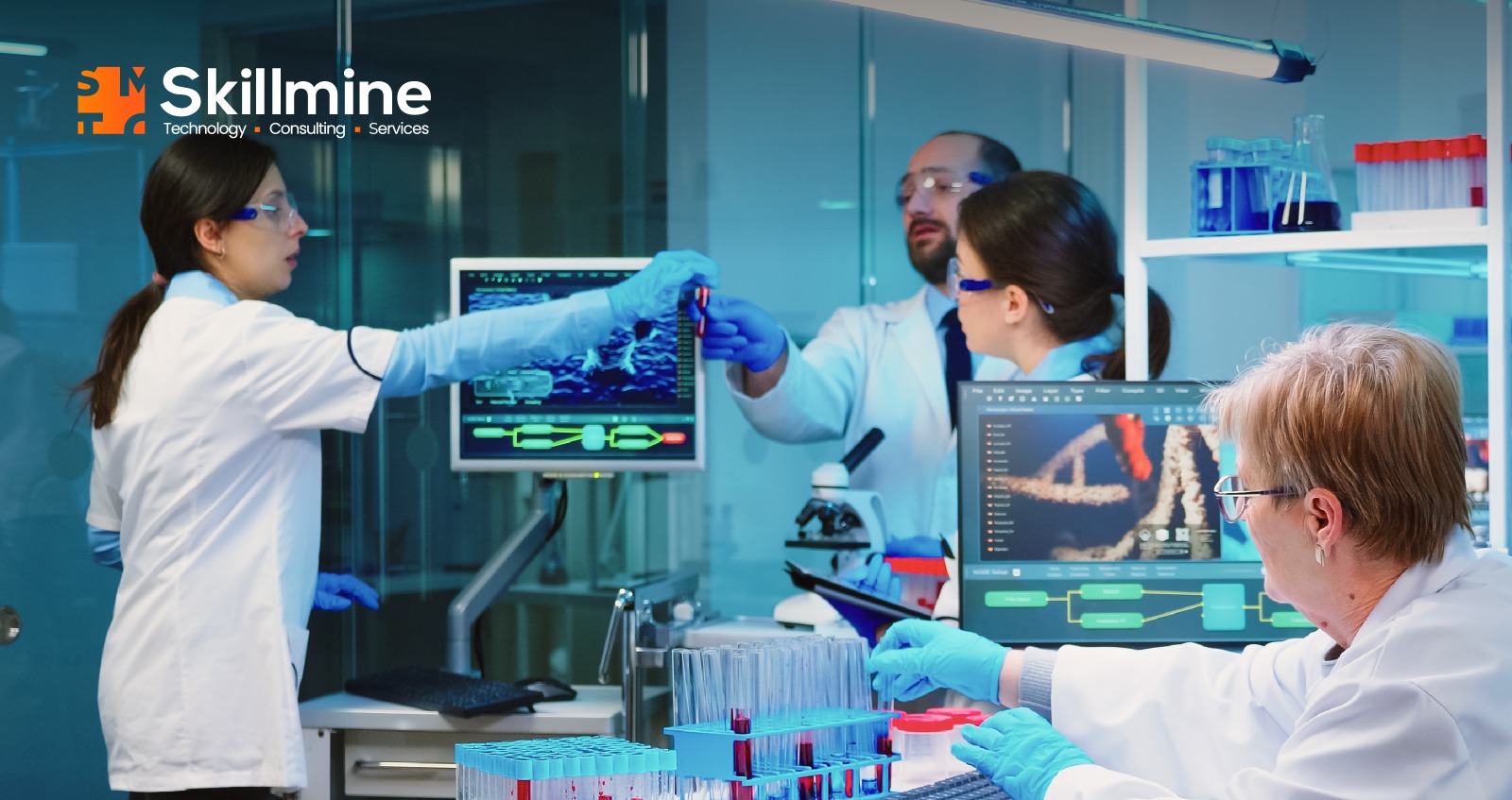Imagine a world where medical devices respond to symptoms and the intricacies of a patient’s unique biology. No longer one-size-fits-all prosthetics, but limbs that learn and adapt to gait and muscle memory. No more insulin drips dictating a diabetic’s day, but smart pumps adjusting to real-time fluctuations in blood sugar. This is the future unfolding before us, driven by the invisible yet crucial hand of product engineering in healthcare.
According to a report by Marketsplash, the IoT-based healthcare gadgets industry is on course to surpass the $94 billion mark by 2026. This rapid evolution is fueled by the intricate synergy between healthcare professionals and product engineers, a collaboration that is reshaping the landscape of patient-centric care.
I. The Evolution of Adaptive Healthcare Products
To comprehend the significance of adaptive healthcare products, one must delve into their genesis. Traditionally, medical devices were designed as one-size-fits-all solutions, overlooking the unique needs of individual patients. However, the paradigm shift occurred when product engineers recognized the potential of customization. The realization that no two patients are alike paved the way for the development of adaptive healthcare products.
Today, these products are designed with a keen understanding of patient variability, allowing for personalized and targeted interventions. From smart prosthetics to wearables that monitor vital signs in real-time, adaptive healthcare products epitomize the fusion of medical expertise and cutting-edge engineering.
II. Wearables: Beyond Conventional Monitoring
Wearables are a clear example of adaptive healthcare products becoming more widespread. These devices have transcended their initial role as fitness trackers, evolving into indispensable tools for patient monitoring and disease management.
Product engineers are at the forefront of this revolution, grappling with the challenge of seamlessly integrating advanced sensors, artificial intelligence, and user-friendly interfaces. Take the example of continuous glucose monitoring wearables for diabetes patients. These devices not only track glucose levels but also employ predictive algorithms to anticipate fluctuations, empowering individuals to take proactive measures.
The success of wearables lies in both precision engineering and healthcare insights. By considering factors such as patient comfort, data accuracy, and real-time connectivity, product engineers ensure that wearables are not just gadgets but integral components of the patient’s healthcare journey.
III. Smart Prosthetics: A Quantum Leap in Mobility
The advent of smart prosthetics represents a monumental leap in regaining mobility and functionality. Traditional prosthetics offered limited customization and control, often hindering the user’s experience. The narrative has changed.
Modern smart prosthetics leverage a combination of sensors, actuators, and machine-learning algorithms to mimic the intricate movements of natural limbs. Real-time feedback mechanisms enable users to control the prosthetic intuitively, fostering a sense of embodiment. Moreover, these devices adapt to the user’s gait, terrain, and activities, providing a level of customization previously unimaginable.
The collaboration between healthcare professionals and product engineers has not only transformed the physical aspect of prosthetics but has also addressed the psychological and emotional challenges faced by users. By incorporating elements of user experience design and cognitive neuroscience, smart prosthetics seamlessly integrate into the user’s sense of self, fostering a profound impact on their quality of life.
IV. Telehealth Technologies: Bridging the Distance
As healthcare delivery transcends physical boundaries, telehealth technologies play a pivotal role in ensuring continuous and accessible patient care. Product engineers grapple with challenges such as data security, real-time communication, and interoperability to create telehealth solutions that seamlessly integrate into existing healthcare ecosystems. Remote patient monitoring devices, for instance, allow healthcare professionals to track vital signs and disease progression from a distance. These adaptive technologies not only enhance the efficiency of healthcare delivery but also empower patients to actively participate in their own care.
Moreover, the integration of artificial intelligence in telehealth platforms has ushered in a new era of predictive analytics. By analyzing patient data, these platforms can anticipate potential health issues, enabling timely interventions and preventive measures. The result is a healthcare landscape where distance is no longer a barrier to quality and timely care.
V. Challenges and Ethical Considerations
As we look at the strides made in adaptive healthcare products, it is imperative to acknowledge the challenges and ethical considerations that accompany this rapid evolution. Privacy concerns, data security, and the potential misuse of sensitive health information loom large in an interconnected world.
Product engineers and healthcare professionals must work hand in hand to develop robust frameworks that prioritize patient confidentiality and data integrity. Additionally, the ethical implications of deploying artificial intelligence in healthcare decision-making demand careful scrutiny. Striking the right balance between technological innovation and ethical considerations is an ongoing dialogue.
To Conclude
The healthcare industry has ushered in an era where adaptive healthcare products are no longer the exception but the norm. From wearables that monitor our vital signs to smart prosthetics that redefine mobility, these products represent a marriage of technical ingenuity and compassionate care.
As the healthcare landscape continues to evolve, the role of product engineers becomes increasingly crucial. They are the architects of solutions that bridge the gap between medical needs and technological possibilities. The journey from traditional medical devices to adaptive healthcare products is a testament to the power of collaboration, innovation, and the shared goal of enhancing patient care. As we stand at the cusp of even greater breakthroughs, the future of healthcare lies in the hands of those who can seamlessly blend the art of medicine with the precision of engineering.
Looking for expert technology consulting services? Contact us today.





